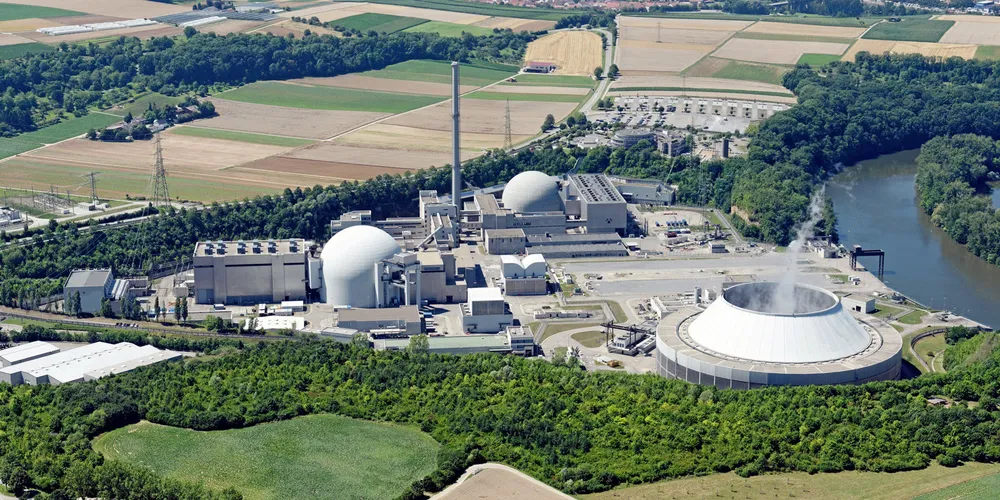Berlin to pay billions to Vattenfall and RWE for nuclear exit
The compensation for unsold electricity volumes comes after Germany's constitutional court in 2016 and 2020 had ruled in favour of utilities

The compensation for unsold electricity volumes comes after Germany's constitutional court in 2016 and 2020 had ruled in favour of utilities
